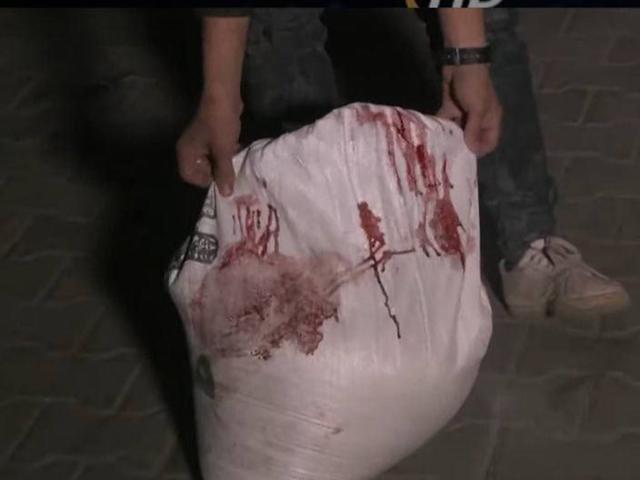In recent times, the veracity of reports emanating from conflict zones, particularly those involving Israel and Palestinian factions such as Hamas, has come under intense scrutiny. A notable instance that highlights this challenge occurred in mid-October when Hamas accused Israel of targeting Al-Ahli Hospital, a claim that was rapidly amplified by global media outlets. However, subsequent revelations, supported by incontrovertible footage from Al Jazeera—a network often criticized for its pro-Hamas stance—demonstrated that the damage was actually caused by a malfunctioning rocket from Islamic Jihad, not an Israeli strike. This incident underscores a recurring issue: the uncritical acceptance of claims made by Hamas by international media.
Further complicating the narrative, the Israel Defense Forces (IDF) were compelled to refute widely reported allegations made by Hamas concerning an incident where Israeli forces were accused of firing on civilians awaiting humanitarian aid in Gaza City. Hamas's claims of Israeli troops engaging from tanks and helicopters at Kuwait Square, resulting in numerous casualties, were met with a detailed rebuttal from the IDF.
IDF: Hamas shot at Gaza residents who were looting trucks in Kuwait Square-after a thorough investigation, no IDF attack was carried out.
— Israel Kicks A** (@Israelkicksass) March 15, 2024
Last night,the IDF allowed the passage of a convoy of 31 humanitarian aid trucks containing food and supplies to Gazans in the northern Gaza pic.twitter.com/9pHqW32kIs
Following a thorough investigation, the IDF confirmed that no Israeli engagement occurred at any point during the incident. The investigation revealed that the chaos and subsequent casualties were the result of armed Palestinian groups firing amidst civilians, compounded by the tragic looting and mishandling of aid trucks by the crowd itself.
This incident not only highlights the complexities of conducting humanitarian operations in conflict zones but also illustrates how quickly misinformation can spread, exacerbating tensions and undermining efforts to provide necessary aid. The IDF's commitment to continuing its humanitarian missions, despite these challenges, is evident in its attempts to innovate delivery methods to ensure aid reaches those in need, especially in northern Gaza, which has faced significant devastation and isolation due to ongoing hostilities.
#BREAKING:
— Open Source Intel (@Osint613) March 15, 2024
The IDF reports that Palestinian gunmen fired at civilians waiting for aid at Kuwait Square in Gaza City last night, resulting in casualties. IDF troops did not fire during the incident.
As per the IDF's investigation, a convoy of 31 trucks carrying food and… https://t.co/tpui5zwxWd
The rapid dissemination of unfounded claims and the resultant international outrage, often based on initial reports lacking in thorough verification, reveal a broader issue within media coverage of conflict zones. The eagerness to report first, without ensuring the accuracy of the information, can have dire consequences, not just for the parties directly involved in the conflict but also for the wider efforts aimed at peace and reconciliation.
As the situation in Gaza remains dire, with a significant portion of the population facing food insecurity and displacement, the importance of critical and comprehensive reporting cannot be overstated. The need for media outlets to exercise due diligence before disseminating information is critical, as is the need for all parties to prioritize the welfare of civilians and the integrity of humanitarian efforts above all.


